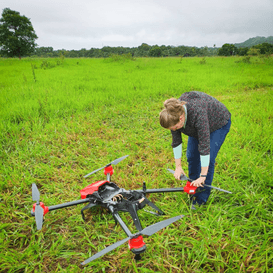Sure! Please provide the date you would like to rewrite in the day-month-year format.
Key Takeaways
- Regina Hakvoort is a trailblazer in Brazil’s agricultural sector, leveraging drone technology for efficient pest control and reduced chemical usage.
- XAG drones have revolutionized the way farmers approach crop protection, allowing for precision application and significant cost savings.
- Regina has successfully implemented eco-friendly pest management while educating fellow farmers about innovative spraying techniques.
- The rise of women in agriculture is expanding, encouraging diverse voices and perspectives in the industry.
Revolutionizing Pest Control in Brazil’s Orchards
In the vibrant orchards of Brazil, an XAG agricultural drone hovered gracefully above rows of citrus trees, performing its vital task of pest management. Leading this operation was Regina Hakvoort, whose expertise in drone-driven agricultural practices has set her apart in a field traditionally dominated by manual labor. Her goal during this mission was clear: to decrease chemical usage by 50% and prevent pests from returning.

Regina monitoring drone operations while spraying fruit trees
A Look at Brazil’s Agricultural Landscape
Renowned as a global agricultural powerhouse, Brazil holds prominence in producing crops like soybeans, corn, cotton, and sugar, dedicating over 28% of its land for farming. Yet, with rising pest control costs, farmers face increasing challenges in their quest for profitability. Amidst these difficulties, Regina has emerged as a beacon of innovative solutions, spearheading the use of the XAG P series drones to handle pests effectively and alleviate the commonly felt financial strain.
Regina’s journey began in a farming family, leading to the establishment of Anáhata, an agricultural service firm that harnesses drone technology for crop protection. Educated at the University of São Paulo, she immediately applied her agronomy knowledge to improve farming practices, especially in her family’s fields. Regina emphasizes a direct connection between pest management success and the farmers’ financial health, noting the high costs necessary to expand operations, such as pesticide spraying and labor.

Embracing Eco-Friendly Solutions
Following Brazil’s ban on toxic pesticides, farmers have turned to more eco-friendly alternatives, although results have often been disappointing. Regina observes a troubling trend: many still use traditional blanket spraying methods that require excessive pesticide applications. “For example, cornfields often see up to 18 sprays, and cotton can witness as many as 30,” she notes, highlighting the inefficiencies of outdated practices.
Regina’s understanding of low-volume and ultra-low volume spraying technologies has played a crucial role in her advocacy for more efficient methods. Surprisingly, these technologies have been around for over five decades, yet their adoption remains limited. This gap in knowledge prompted Regina to put theory into practice using XAG drones, effectively demonstrating the benefits of reduced overdose and cost burden for farmers.
Transformative Impact of Drones in Agriculture
Traditionally, low-volume spraying required costly aircraft, but XAG drones have democratized this technology, offering it at a more affordable price with automated operations. Regina collaborates with Megadrone Brasil, XAG’s local partner, to leverage this technology in combating one of the most devastating pests—the cotton weevil. While farmers historically applied over 30 liters of pesticide per hectare, drone-assisted spraying now requires only one liter, leading to substantial cost reductions and higher yields.
Furthermore, Regina’s expertise aided a vineyard in controlling fungal diseases with a 40% reduction in chemical use, showcasing the precision targeting capacity of XAG drones to spray only affected areas.

Paving the Way for Women in Agriculture
Regina’s role in the agriculture sector is not without its challenges, particularly as a woman in a traditionally male-dominated field. She emphasizes the importance of educating the market and forming strategic partnerships to foster mutual growth. “I look forward to collaborating with innovators who appreciate the value of knowledge and the contributions of women in agriculture,” Regina asserts.
As drone technology becomes increasingly prevalent on Brazilian farms, more women are emerging in the agricultural landscape, highlighting the potential for diverse perspectives and entrepreneurial success. Through this evolution, individuals from all walks of life gain opportunities to showcase their talents and collectively ensure the sustainability of Brazil’s agricultural sector.
Photo credit: Megadrone Brasil, Anáhata, Timber


